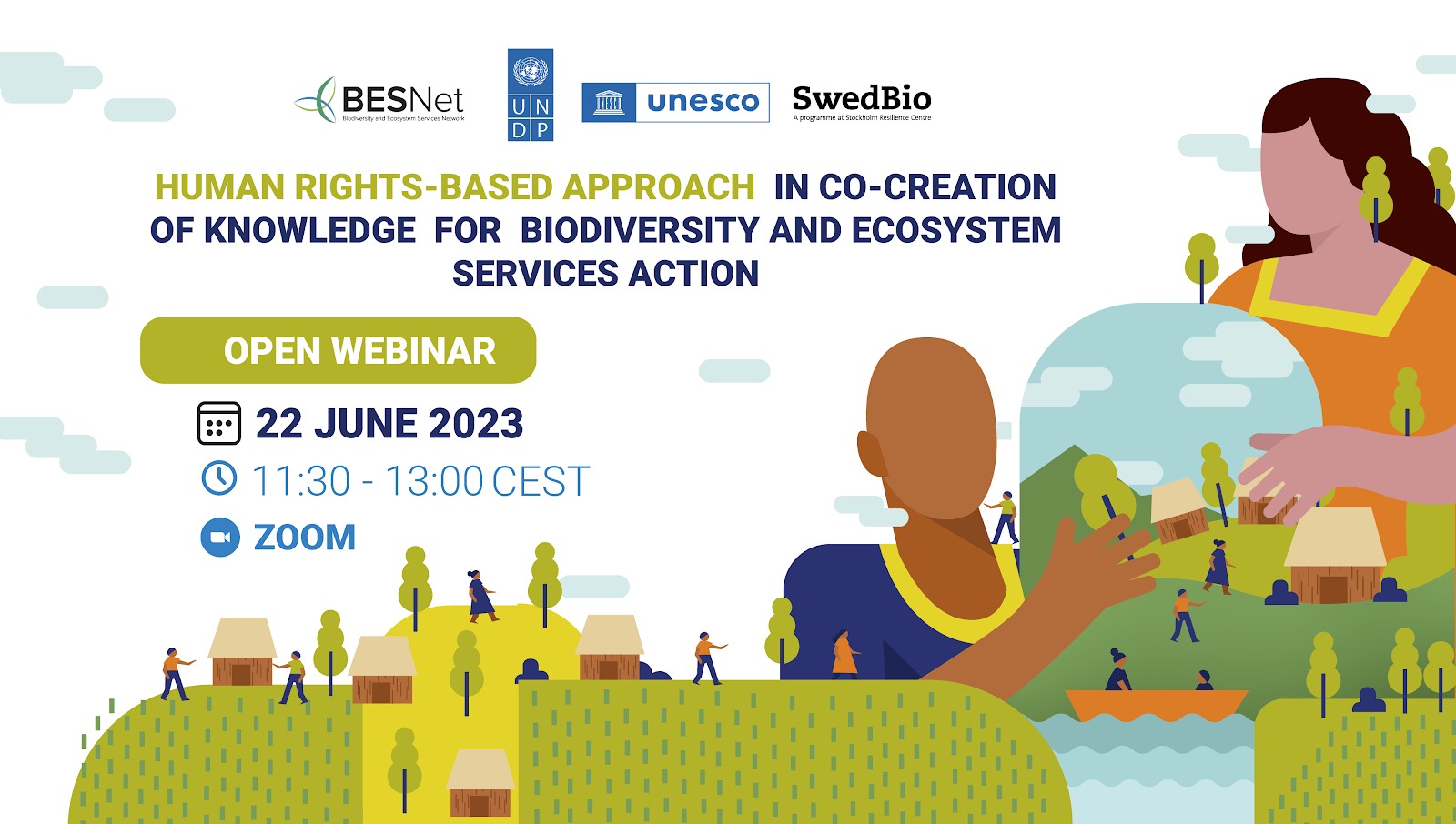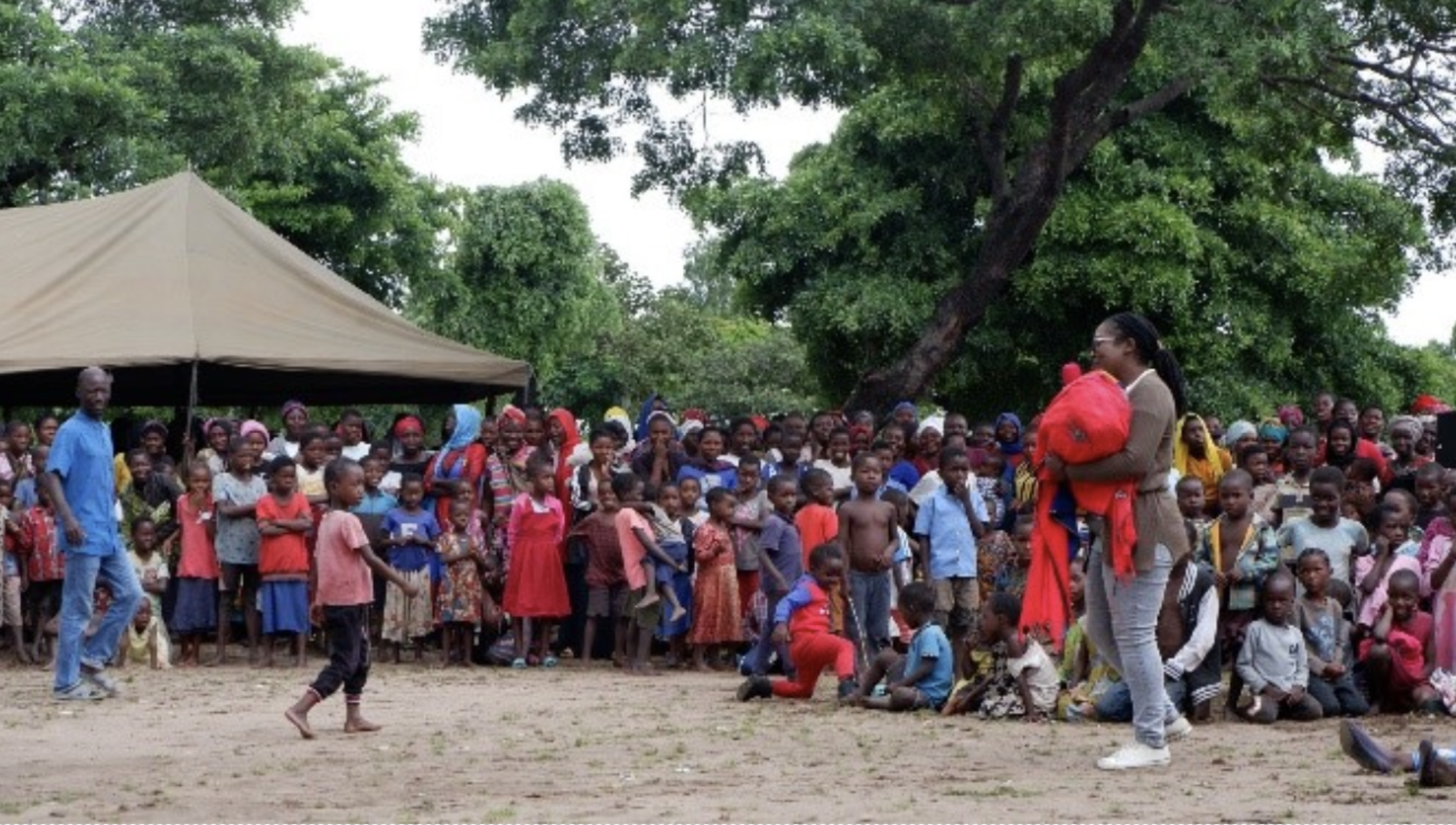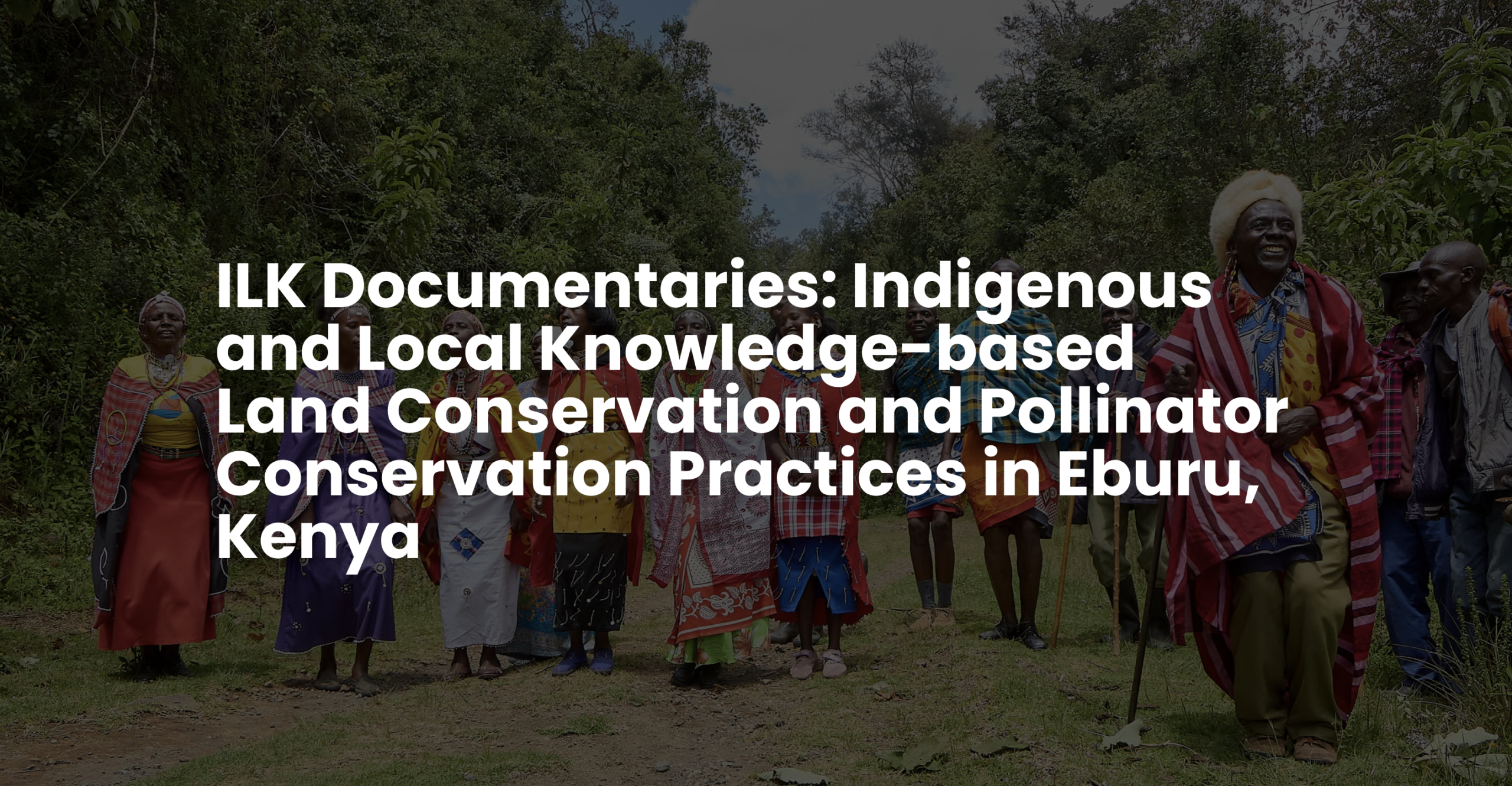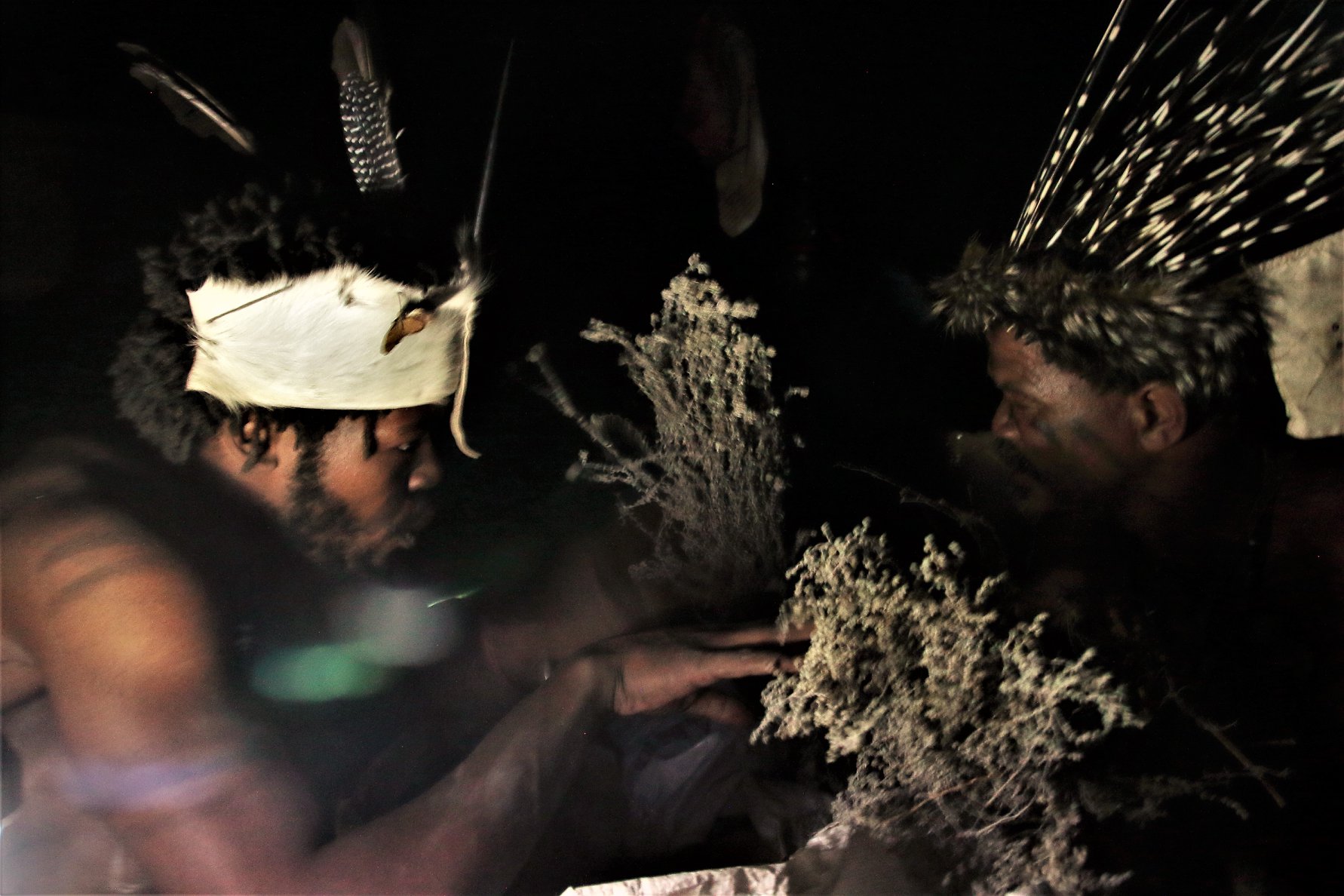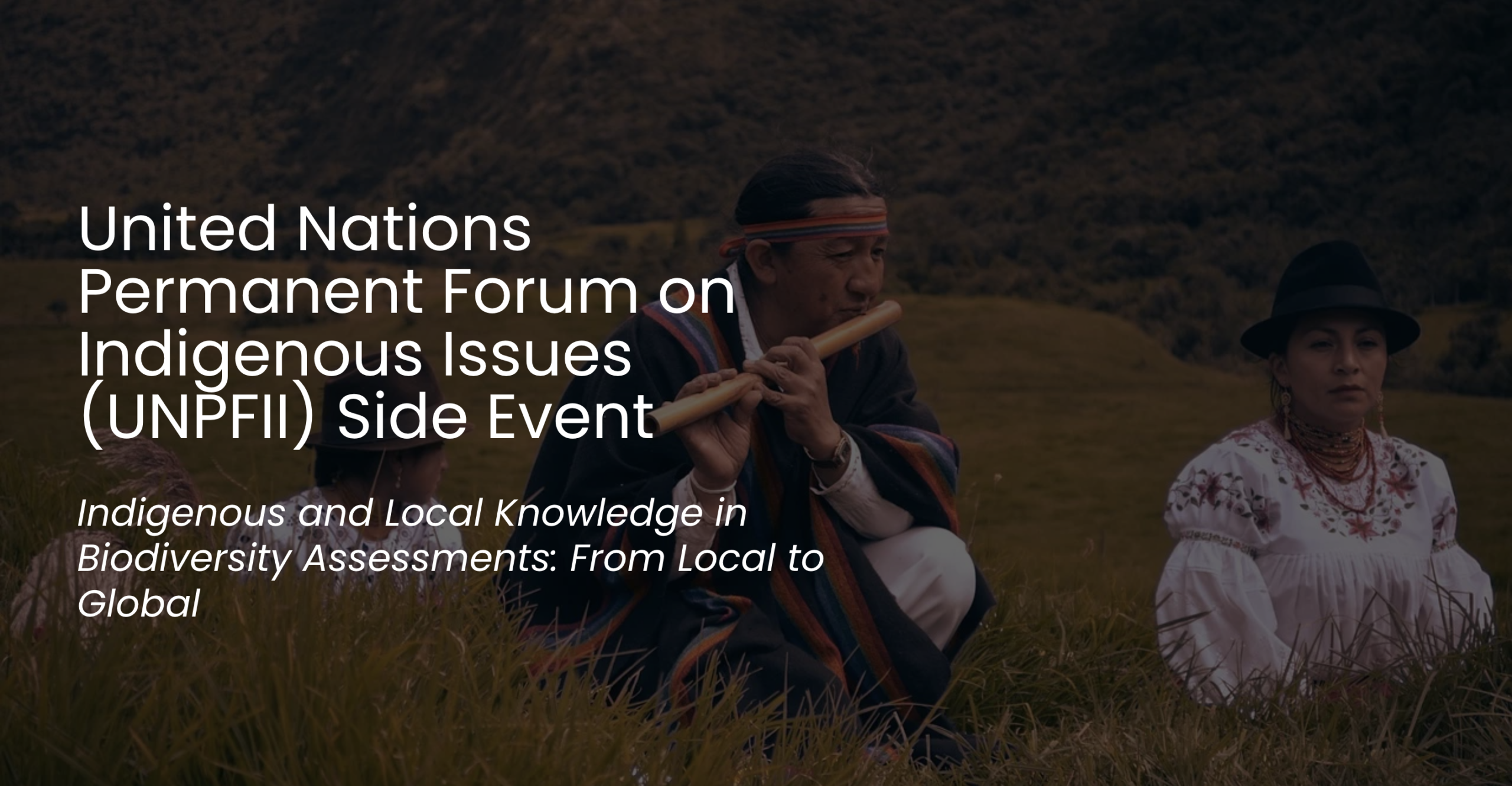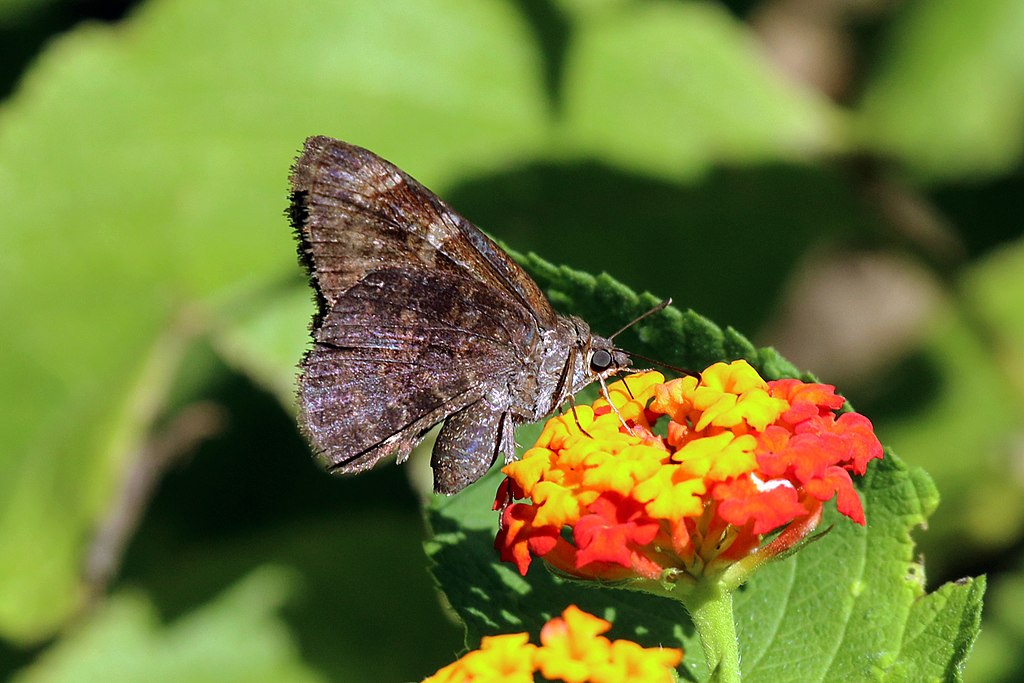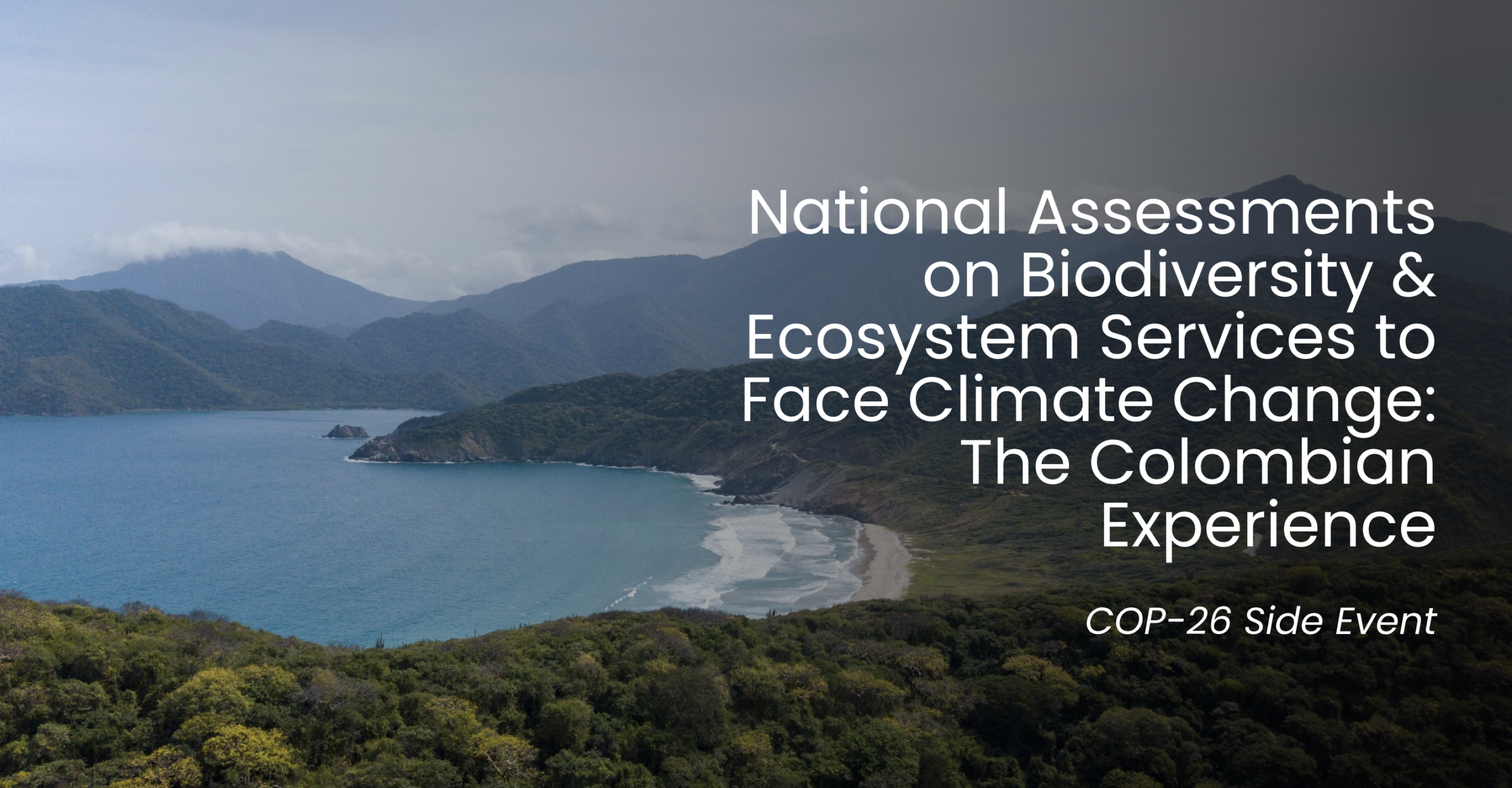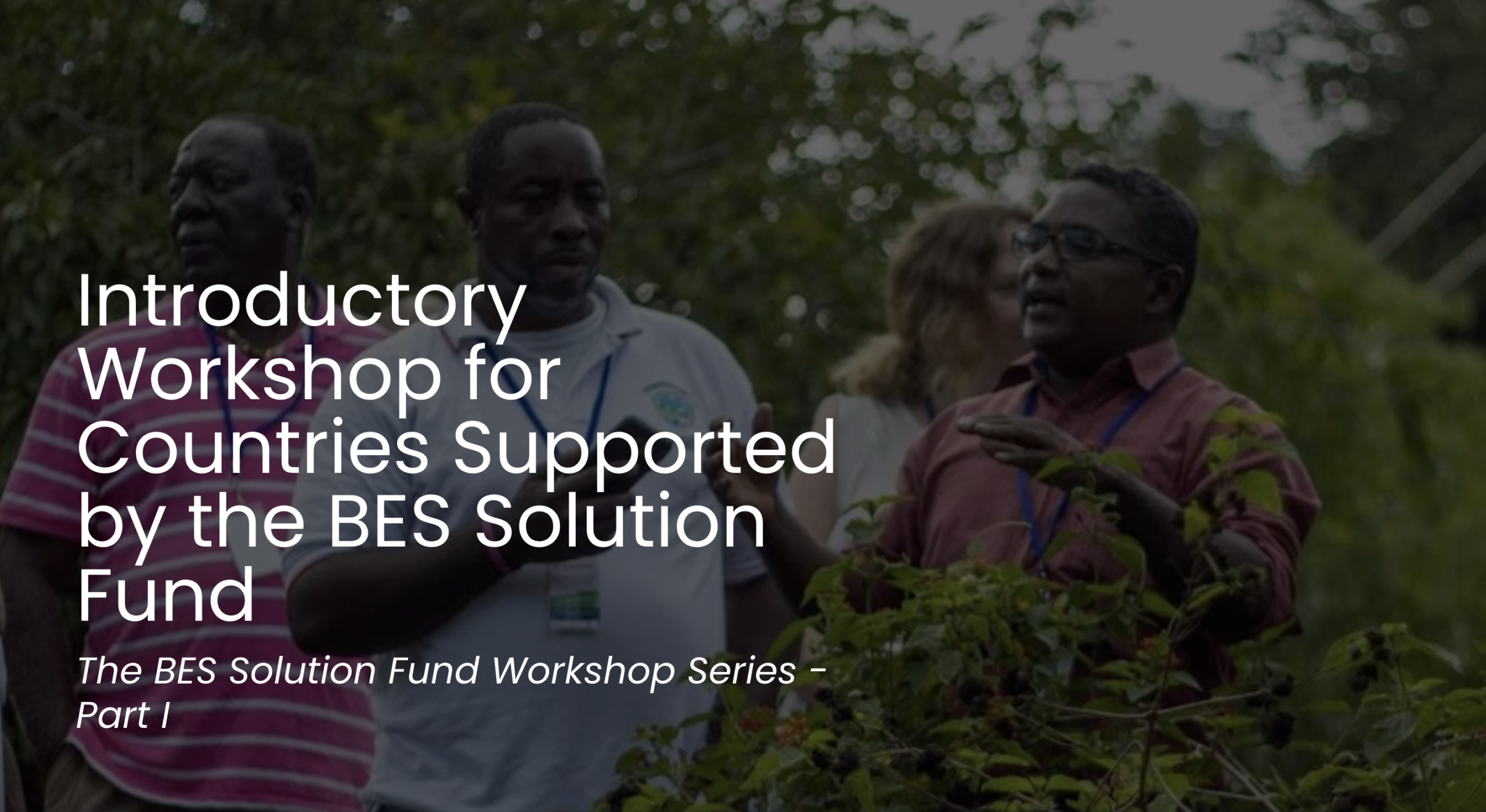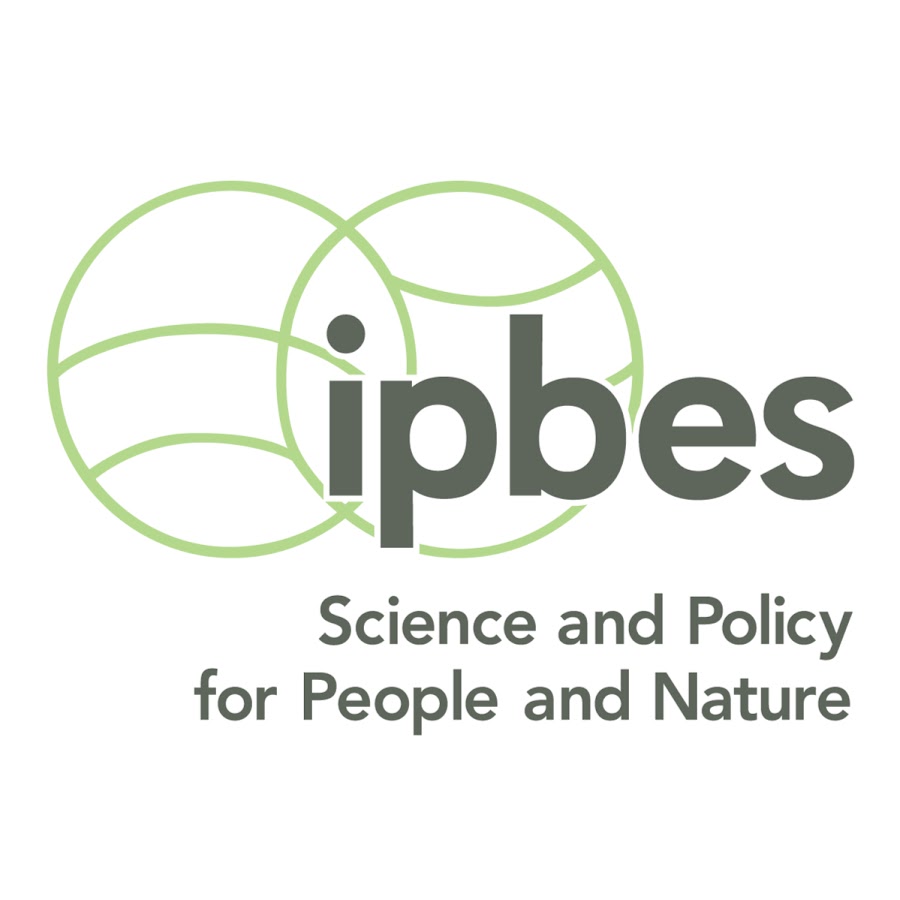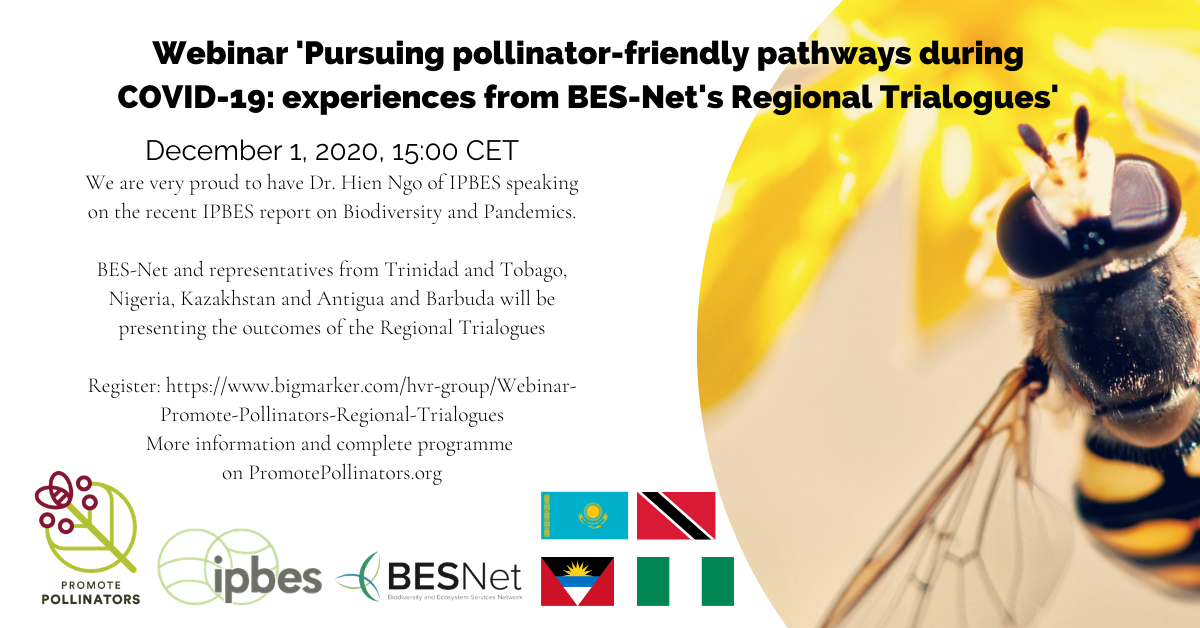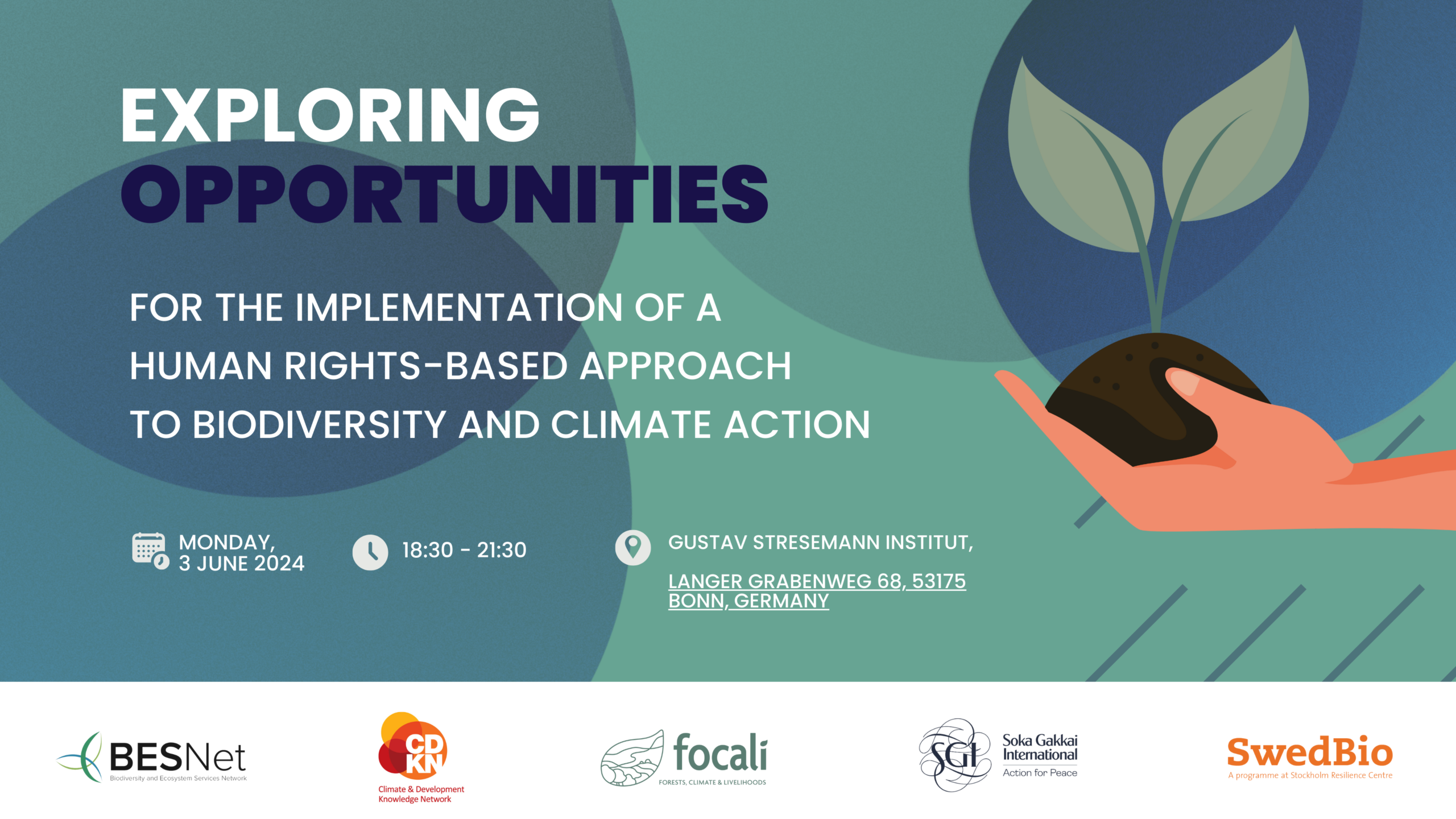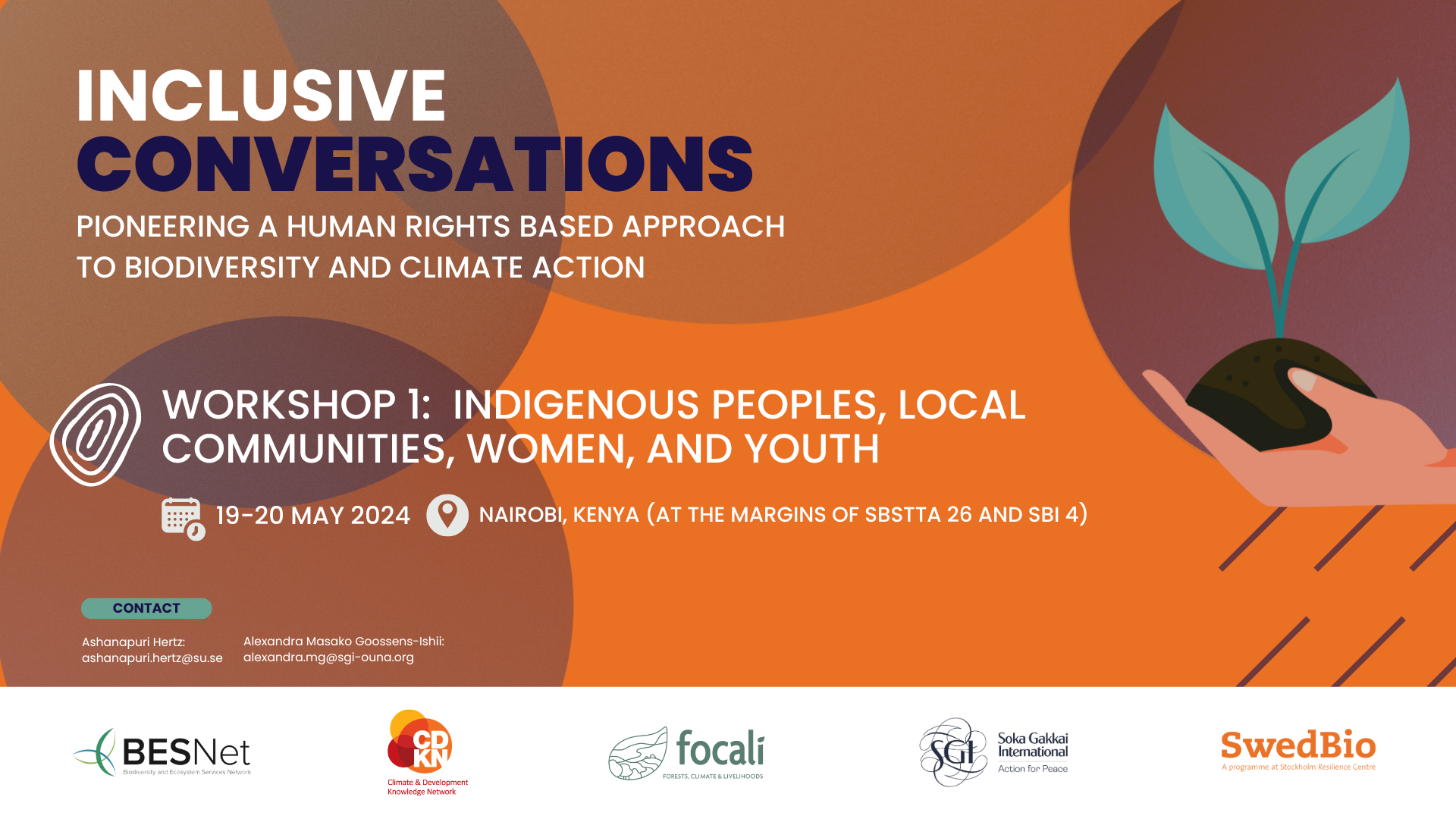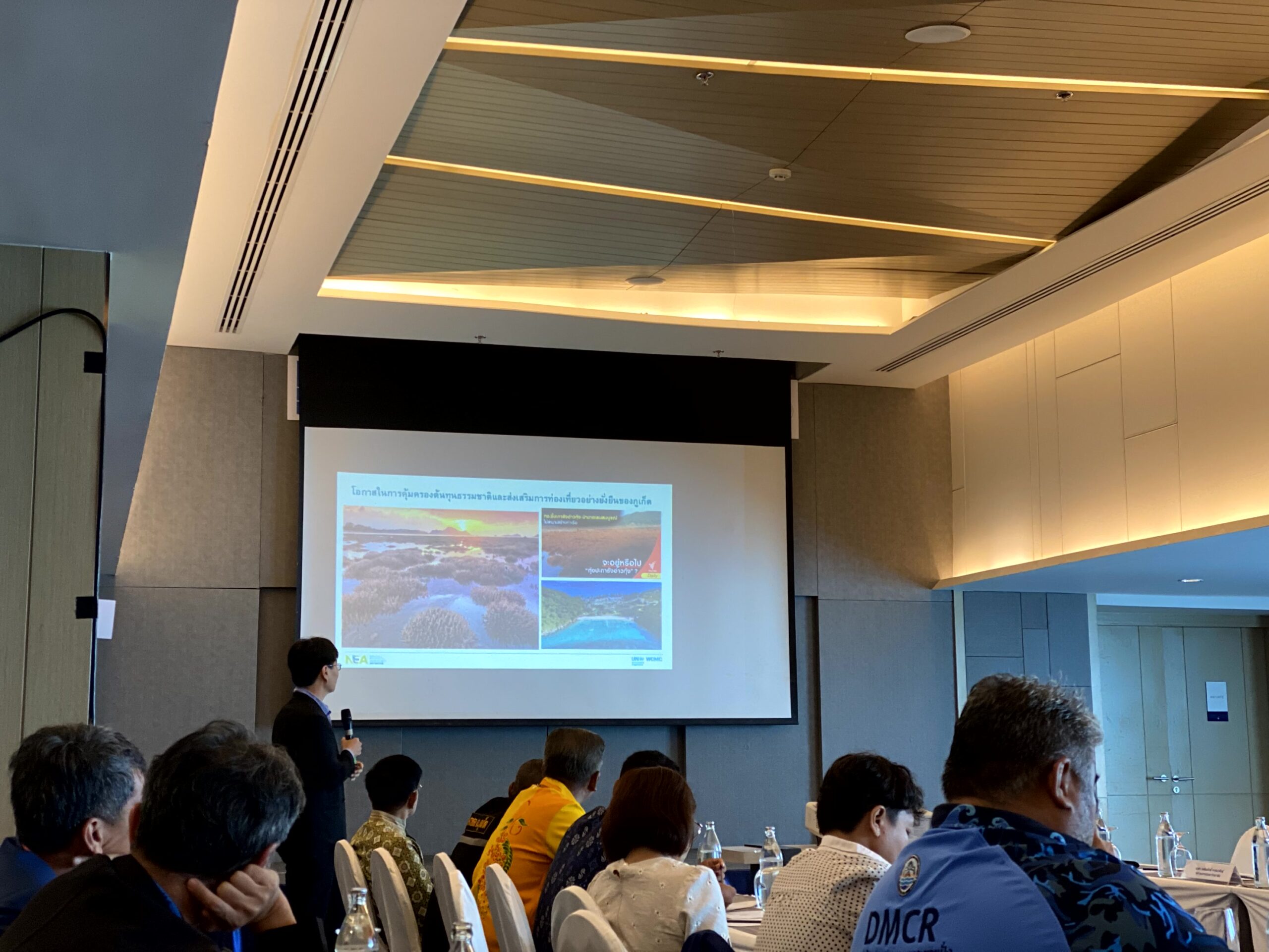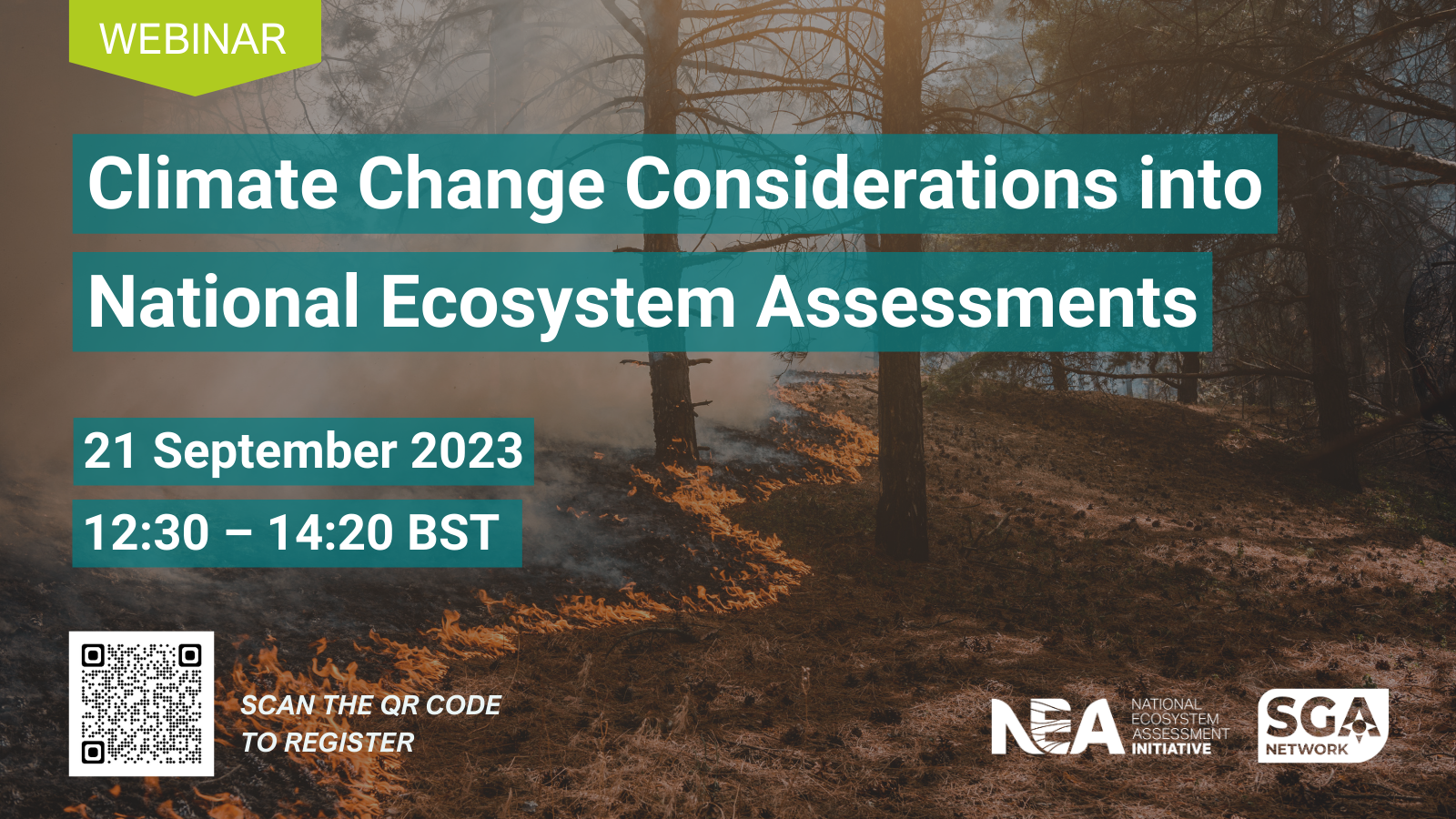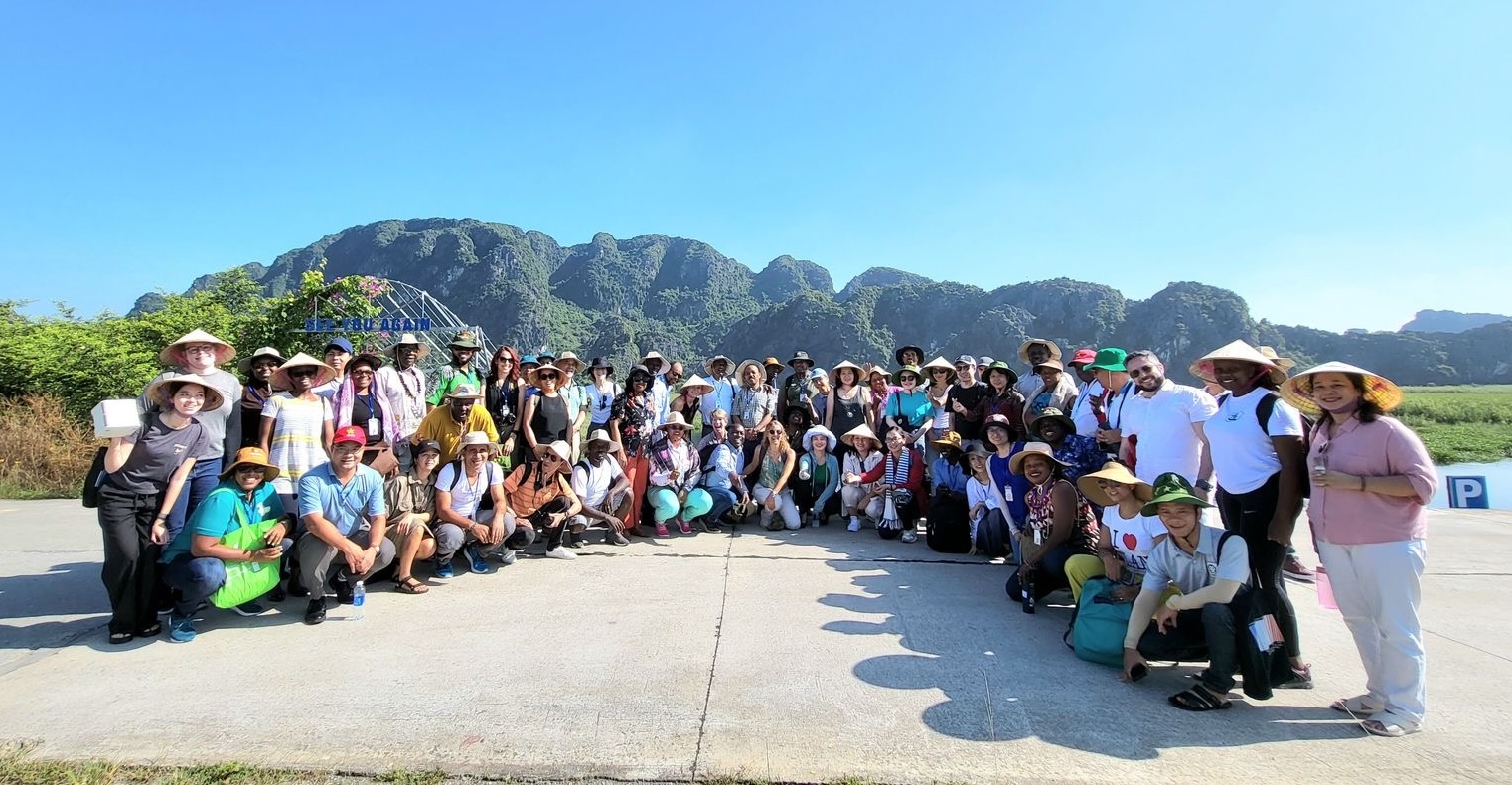Pursuing Pollinator-Friendly Pathways During COVID-19: Experiences from BES-Net’s Regional Trialogues
A Two-Part Webinar Series
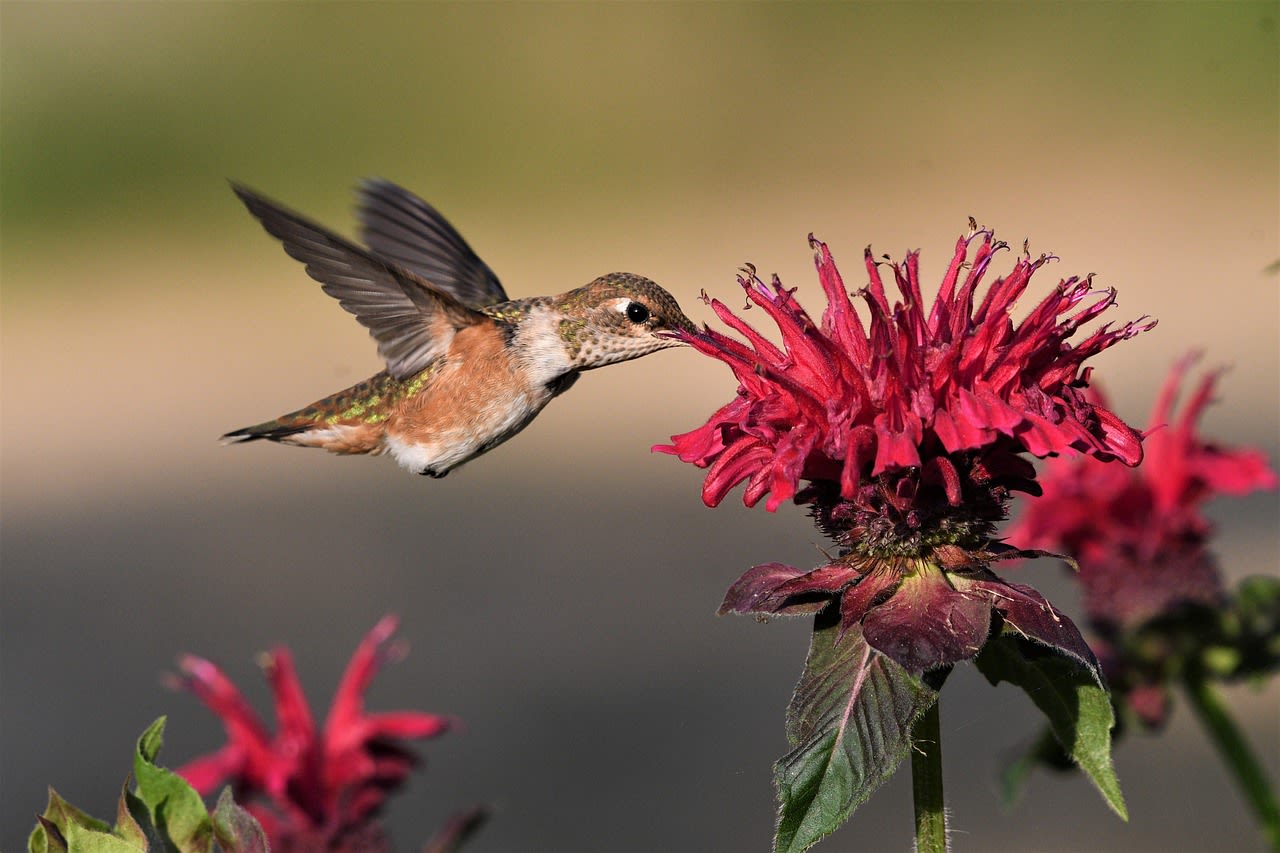
Photo by Veronika Andrews from Pixabay
Photo by Veronika Andrews from Pixabay
The Biodiversity and Ecosystem Services Network (BES-Net) in partnership with the UNDP Global Policy Centre on Resilient Ecosystems and Desertification and Promote Pollinators, hosted a two-part webinar series, Pursuing pollinator-friendly pathways during COVID-19: Experiences from BES-Net’s Regional Trialogues.
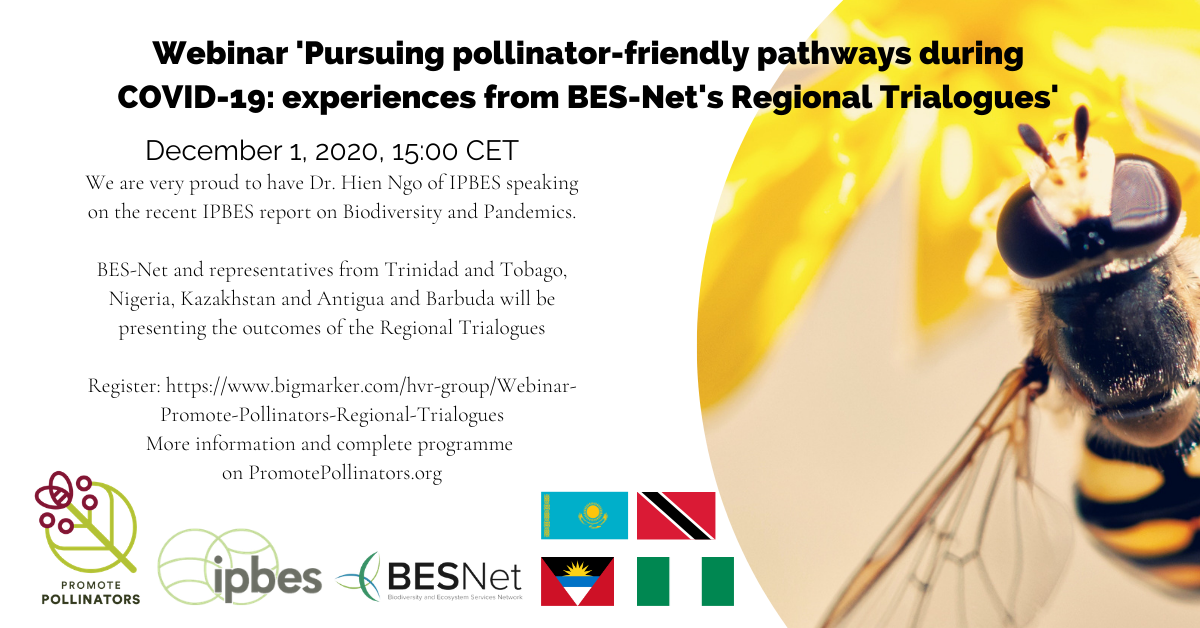
This series aimed to discuss the conservation and sustainable use of pollinators, drawing on the landmark Intergovernmental Science-Policy Platform on Biodiversity and Ecosystem Services (IPBES) thematic assessment on pollinators, pollination and food production released in 2016.
The webinars brought together a diverse range of stakeholders across sectors and organizations to share experiences, strategies and insights on integrating scientific assessments into policymaking and practical conservation efforts in the context of the COVID-19 pandemic.
Part 1
Challenges and opportunities in promoting pollinator-friendly pathways

Photo by Akka Olthoff from Pixabay
Photo by Akka Olthoff from Pixabay
The first part of the webinar, held on 1 December 2020, provided an in-depth look at the challenges and opportunities in promoting pollinator-friendly pathways during the pandemic. It featured experiences from BES-Net’s Regional Trialogues and the Coalition of the Willing on Pollinators. Participants learned about how countries involved in these Trialogues had integrated the IPBES assessment findings into their policymaking, scientific research and ground-level programs and projects.
Speakers from Antigua and Barbuda, Kazakhstan, Nigeria and Trinidad and Tobago shared their unique experiences and progress in pollinator conservation. Additionally, the webinar included discussions on the recently published IPBES workshop report on biodiversity and pandemics, highlighting the interconnections between pandemic risk, drivers, and implications for pollinators and pollination.
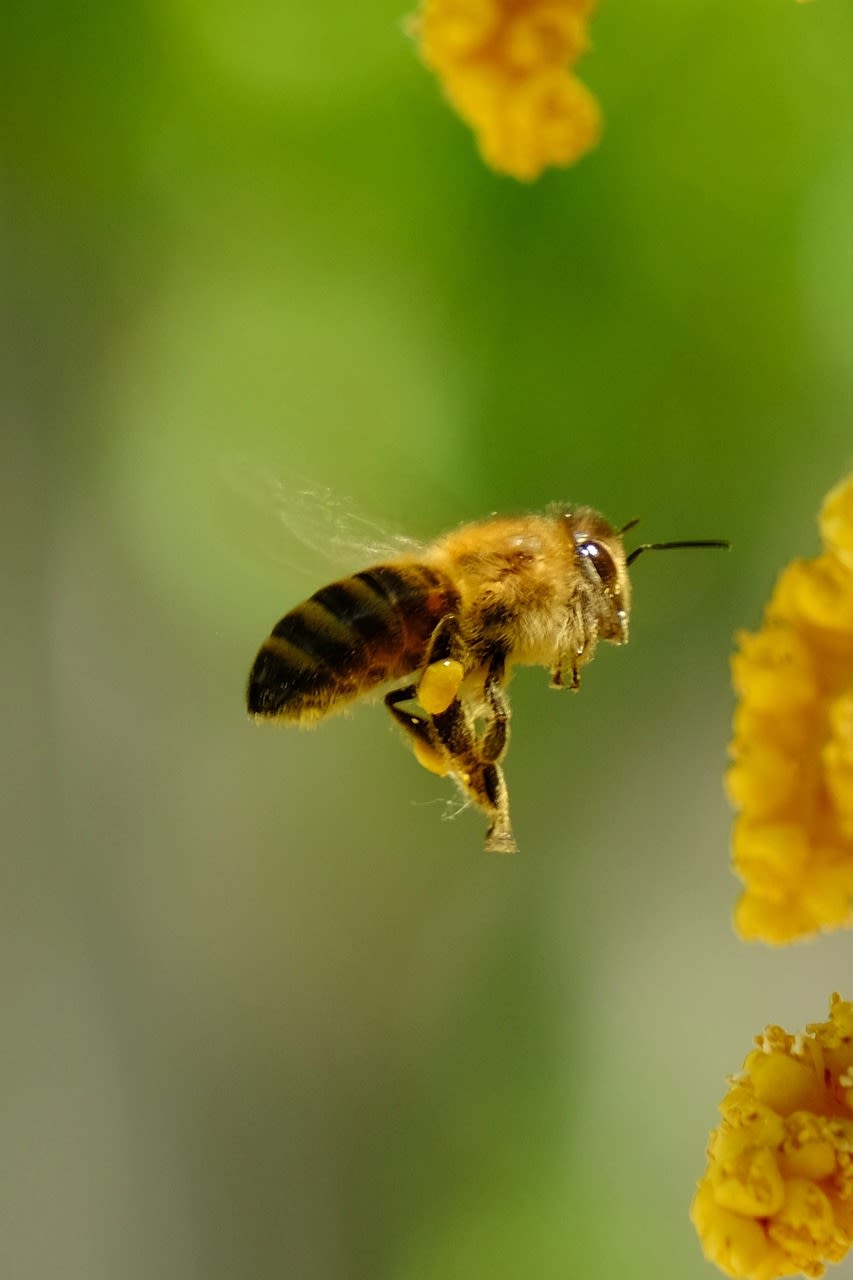
Photo by József Szabó from Pixabay
Photo by József Szabó from Pixabay
The first part of the webinar, held on 1 December 2020, provided an in-depth look at the challenges and opportunities in promoting pollinator-friendly pathways during the pandemic. It featured experiences from BES-Net’s Regional Trialogues and the Coalition of the Willing on Pollinators. Participants learned about how countries involved in these Trialogues had integrated the IPBES assessment findings into their policymaking, scientific research and ground-level programs and projects.
Speakers from Antigua and Barbuda, Kazakhstan, Nigeria and Trinidad and Tobago shared their unique experiences and progress in pollinator conservation. Additionally, the webinar included discussions on the recently published IPBES workshop report on biodiversity and pandemics, highlighting the interconnections between pandemic risk, drivers, and implications for pollinators and pollination.
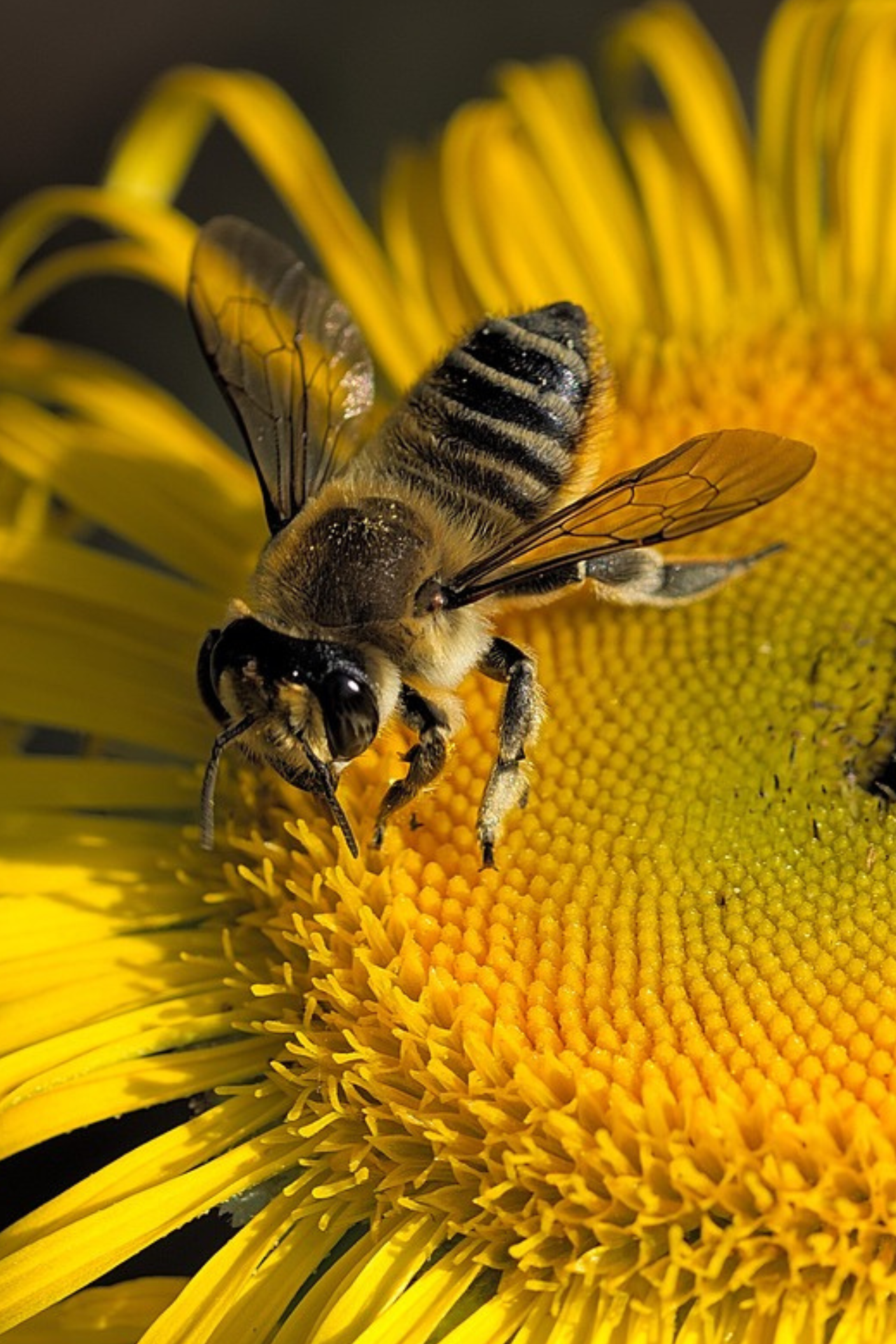
Photo by Hans Linde from Pixabay
Photo by Hans Linde from Pixabay
Continuing the discussion, the second part of the webinar was conducted on 14 January 2020. This session delved deeper into the lessons learned from BES-Net’s Regional Trialogues, particularly focusing on the Caribbean Regional Trialogue and Eastern Europe Regional Trialogue. Key speakers such as Anne Juepner, Ena Hatibović, Lena Dempewolf, Sikeade Egbuwalo, Ustemirov Kayrat Zhangabylovich and Ruth V Spencer offered insights from their respective countries and organizations.
This part of the webinar served as an opportunity to understand better the practical implementation of the IPBES assessments and the challenges and successes encountered in integrating these findings into national and regional strategies, especially amid the global health crisis.
Continuing the discussion, the second part of the webinar was conducted on 14 January 2020. This session delved deeper into the lessons learned from BES-Net’s Regional Trialogues, particularly focusing on the Caribbean Regional Trialogue and Eastern Europe Regional Trialogue. Key speakers such as Anne Juepner, Ena Hatibović, Lena Dempewolf, Sikeade Egbuwalo, Ustemirov Kayrat Zhangabylovich and Ruth V Spencer offered insights from their respective countries and organizations.
This part of the webinar served as an opportunity to understand better the practical implementation of the IPBES assessments and the challenges and successes encountered in integrating these findings into national and regional strategies, especially amid the global health crisis.

Photo by József Szabó from Pixabay
Photo by József Szabó from Pixabay
The two-part webinar series hosted by BES-Net and its partners offered a comprehensive platform for understanding and addressing the critical role of pollinators in ecosystem services and food production. The series not only highlighted the importance of international assessments like those from IPBES but also showcased real-world examples of how these assessments can be translated into effective policy and action. The diverse experiences and strategies shared by speakers from various countries underscored the global commitment to pollinator conservation and sustainable use. This collaborative effort, especially in the challenging times of the COVID-19 pandemic, demonstrates the resilience and adaptability of environmental initiatives and the ongoing need for cross-sectoral and international cooperation in safeguarding our planet's biodiversity.
The two-part webinar series hosted by BES-Net and its partners offered a comprehensive platform for understanding and addressing the critical role of pollinators in ecosystem services and food production. The series not only highlighted the importance of international assessments like those from IPBES but also showcased real-world examples of how these assessments can be translated into effective policy and action. The diverse experiences and strategies shared by speakers from various countries underscored the global commitment to pollinator conservation and sustainable use. This collaborative effort, especially in the challenging times of the COVID-19 pandemic, demonstrates the resilience and adaptability of environmental initiatives and the ongoing need for cross-sectoral and international cooperation in safeguarding our planet's biodiversity.








